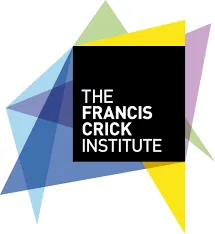TRCE’s mission is to unlock the fundamental mechanisms central to an organ’s regenerative capacity and to develop novel therapeutics which can augment biological function.
Our Partners

The Francis Crick Institute
TRCE’s mission is to unlock the fundamental mechanisms central to an organ’s regenerative capacity and to develop novel therapeutics which can augment biological function.

The Francis Crick Institute